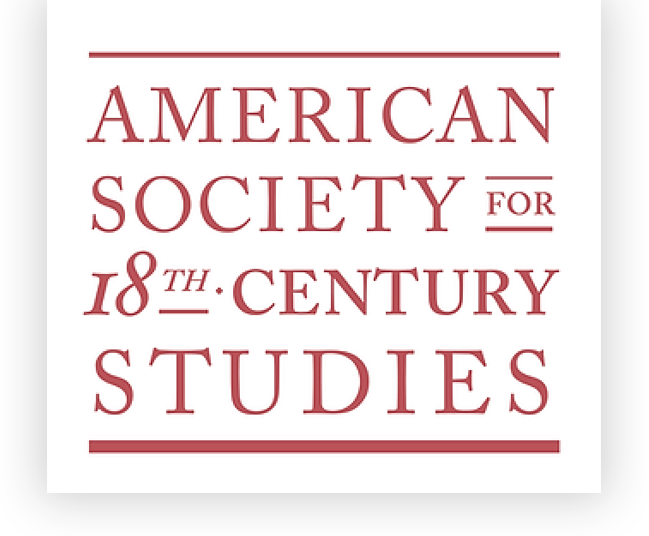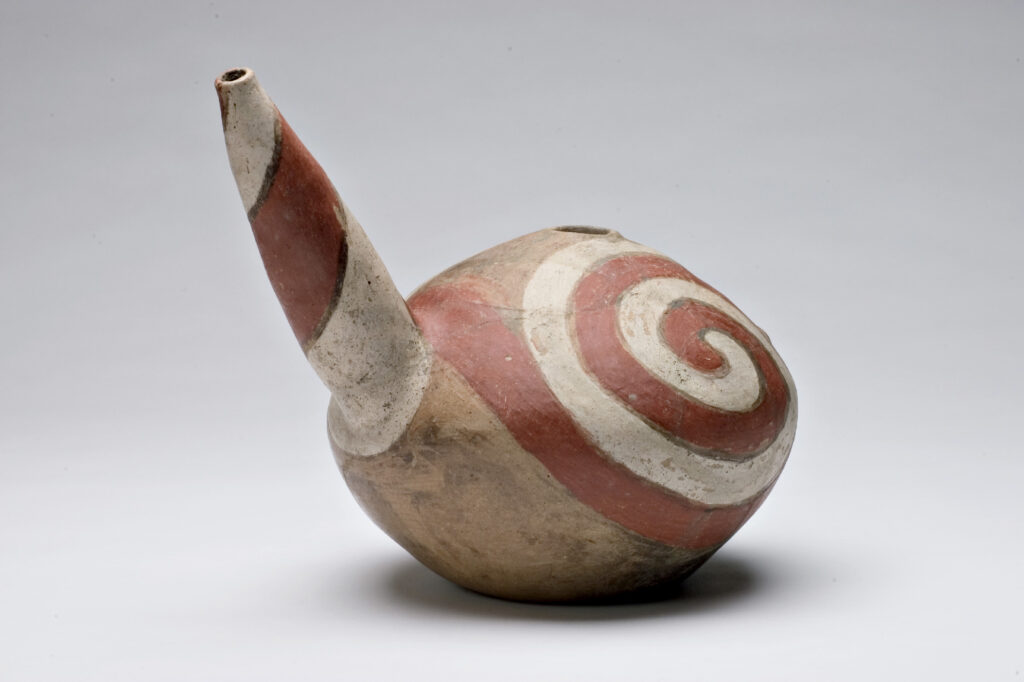Webinar Participant Overview: “Enlightenment for All: Teaching the Eighteenth Century Beyond(?) the Academy”
Participant Overview: “Enlightenment for All: Teaching the Eighteenth Century Beyond(?) the Academy”ASECS Early Spring 2026 WebinarDate: Friday, February 6, 2026Time: 12:00 p.m. (Central)Registration:…




